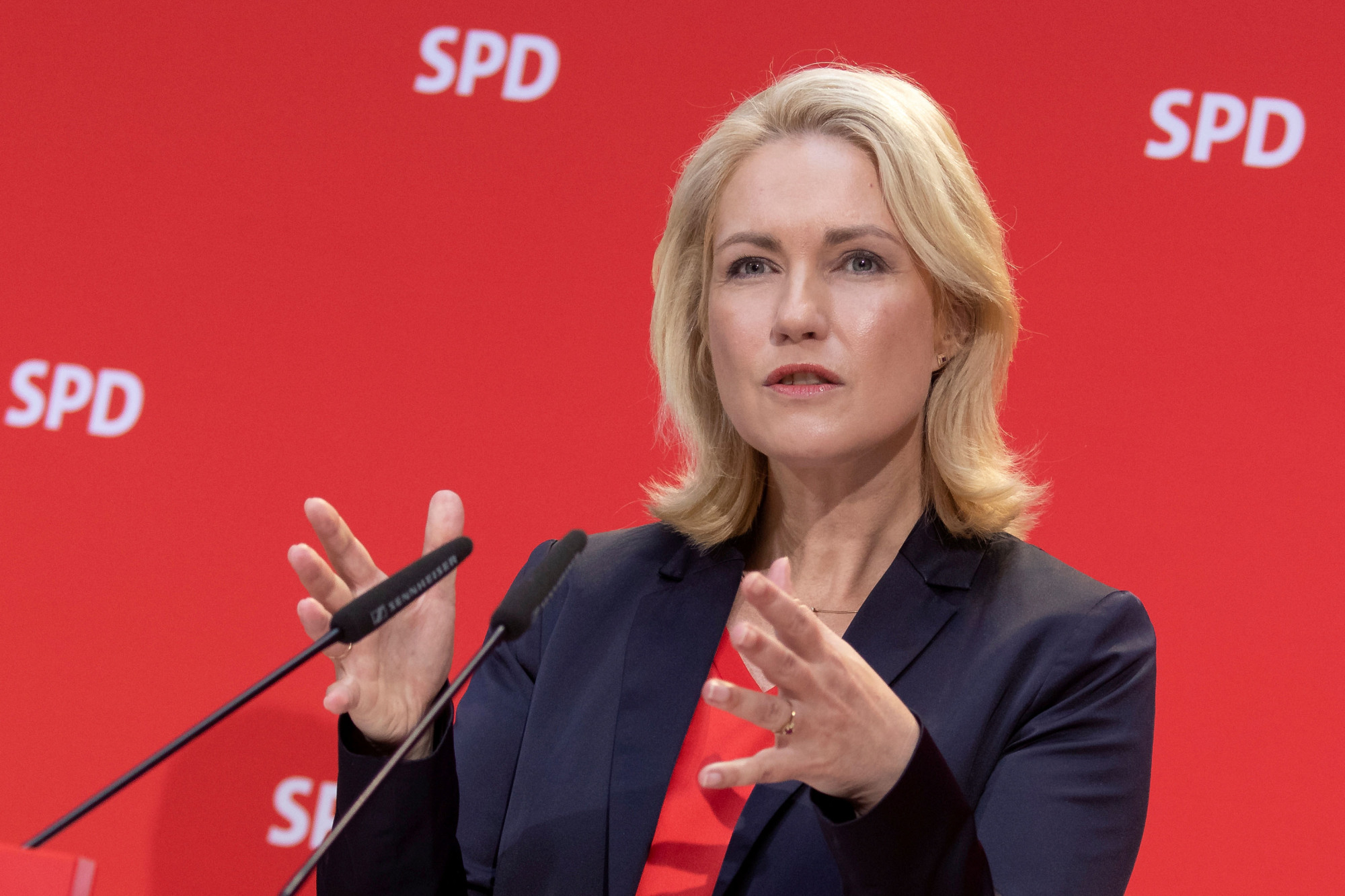Earlier this month, as Europe commemorated the 80th anniversary of the outbreak of World War II, the far-right Alternative for Germany (AfD ) became the most popular choice for young voters in the east German state of Saxony.
Along with a strong performance in local elections the same day in Brandenburg, the results were a reminder of just how dramatically far right political parties have resurrected themselves in modern Europe. Trading off economic frustration and disquiet over migration, they are weaponizing technology and social media, international networks and widespread frustration with the political status quo.
Such parties do not necessarily need outright power to achieve their goals — as shown by Italian right-winger Matteo Salvini when he became interior minister, turning away migrant rescue ships and arresting one of the captains.

















With your current subscription plan you can comment on stories. However, before writing your first comment, please create a display name in the Profile section of your subscriber account page.